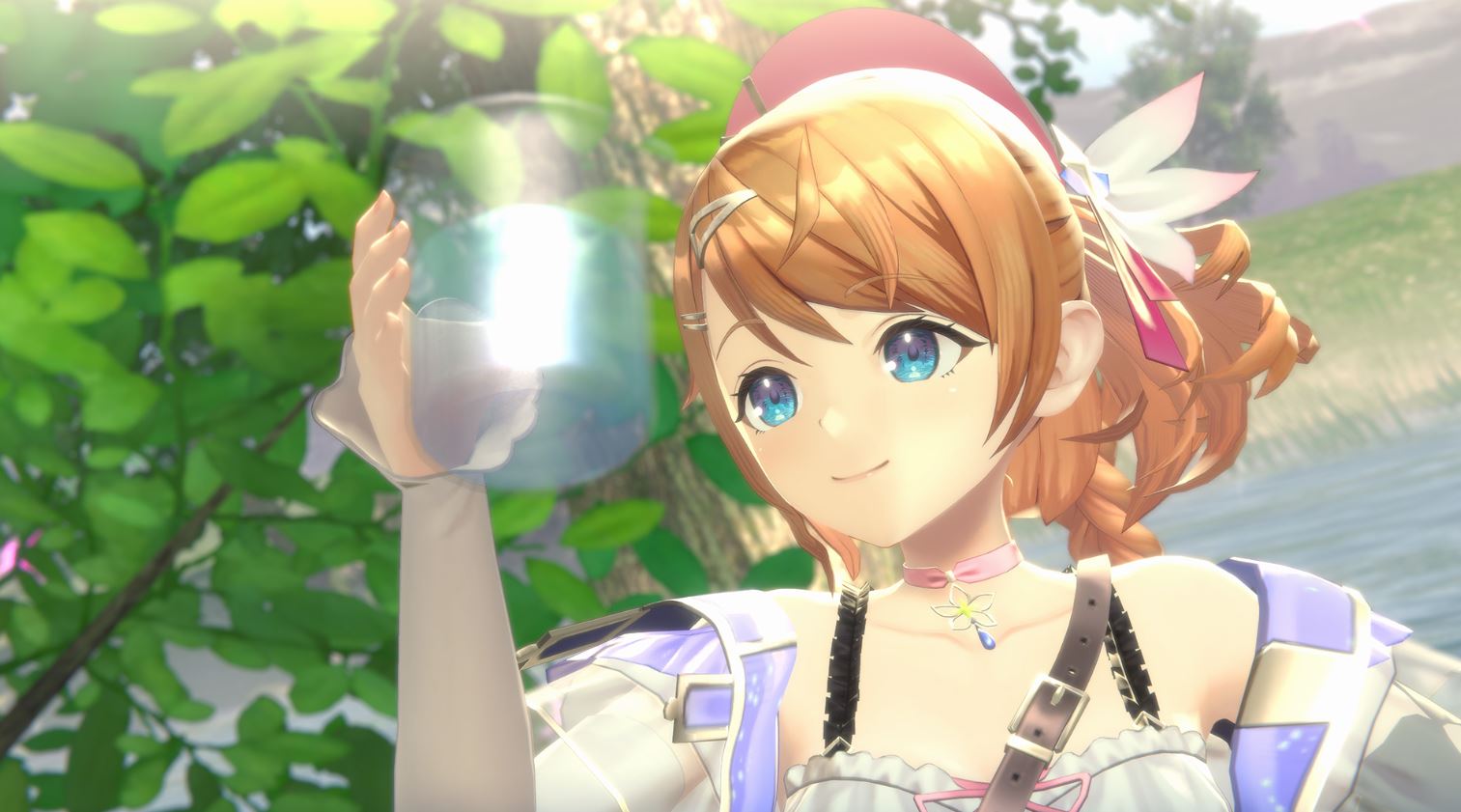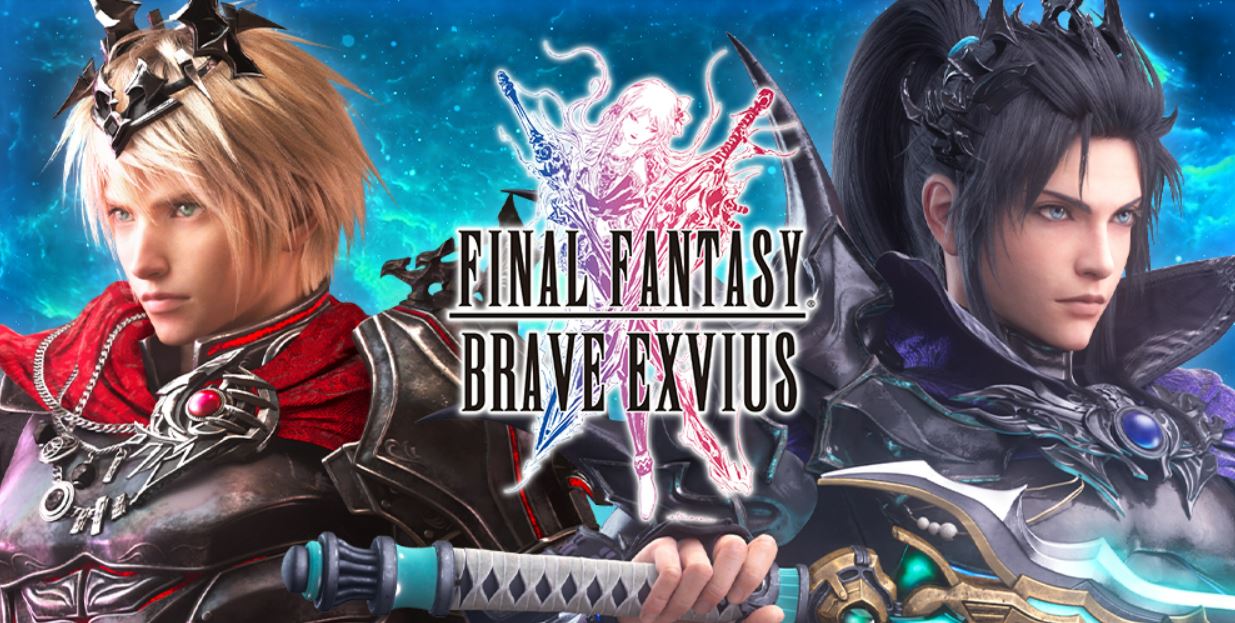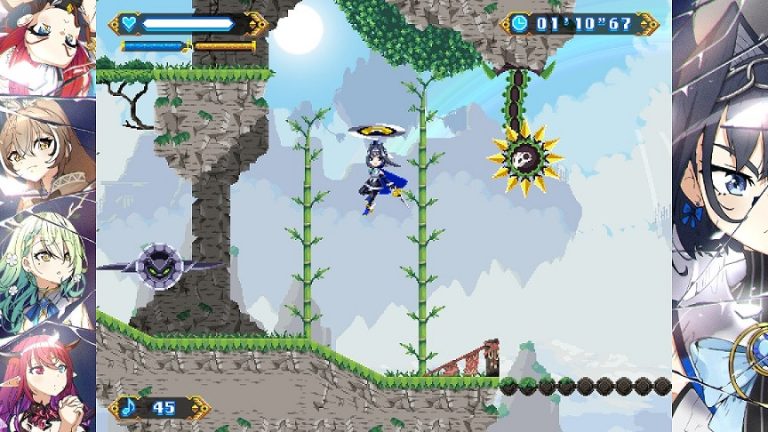Square Enix recently announced that it will be discontinuing two of its decade-old mobile gacha games in Japan – Final Fantasy: Brave Exvius and Dragon Quest of the Stars. With the market growing saturated and development costs constantly rising, end-of-service announcements are unfortunately nothing new in the industry, and developers in Japan are starting to feel like they can’t expect much of a future from working on domestic mobile games. Moreover, according to some, professionals who only have experience working on Japanese-style mobile games are having trouble finding work in other fields like console game development.
Prompted by the recent announcements by Square Enix, mobile game developer Suemaru commented on X, “Dragon Quest of the Stars and FF Brave Exvius are shutting down. As someone active in the industry, I once again feel that gacha games are becoming like the Titanic. Staying in this industry means clinging to one of the limited spots on a sinking ship. I don’t think all of it will go under, but the number of seats that can stay afloat will keep shrinking.”

Japan’s mobile scene has long-running hits like Fate/Grand Order, Monster Strike and Puzzles and Dragons that have managed to stay profitable for over a decade (the “limited seats”), but even the companies behind them, like Puzzle and Dragons developer GungHo, have struggled to produce any new hits in the meantime (Related Article). Moreover, recent high-budget projects like Aniplex’s Tribe Nine have suffered shutdowns in mere months following launch.
Amidst such circumstances, Suemaru feels like his career has reached a limit. “Even if I continue as a gacha game director, I won’t see my income grow. I also don’t know how long I’ll even have my ‘seat’ for.” On the other hand, he doesn’t see an easy path towards changing fields.
Alwei, representative of Indie-Us Games, a Japanese company specializing in Unreal Engine development, adds that “It’s already so hard to get off [the sinking ship], and yet the industry is clearly in a decline. Moving from Japanese-style mobile game development into console game development is very difficult, even though the opposite is simple. People who’ve built their entire career in mobile games are facing an extremely troubling situation.” Suemaru confirms that this is precisely the problem he’s now struggling with, as 100% of his career has involved managing online mobile games.
This seems to be an issue that particularly affects Japanese devs working as mobile game planners (a position most similar to game designers in the West). JohnnyGameStudio comments, “The people in planning positions at mobile game companies have skills that aren’t easily transferable to console games or other fields, so they can’t switch jobs unlike artists and programmers.”

Part of the issue also stems from technological requirements, as Alwei explains, “The console sector values skills in complex, polished action gameplay and high-end graphics technology. These are skills you can apply as-is to mobile games. But for mobile games, server technology is indispensable, yet it’s not essential for console games, so demand is low. Console games also have strict TRCs (technical requirements checks) imposed by the platform holders, which makes prior experience a huge advantage.”
Given that Japanese companies often very clearly distinguish between new hires (freshly graduated young employees whom the company trains from zero as a future investment) and mid-career hires (who are expected to be experienced and immediately fill a vacancy), this puts mobile game veterans wishing to switch to console game in an undesirable position. Such individuals are unfortunately likely to increase in the future.
According to a survey by the Japan Online Game Association (source: ASCII Japan), the domestic online game market was worth an estimated 1.105 trillion yen in 2024 (about $7.48 billion), a steady decline from 2023’s $10.89 billion. Meanwhile, average mobile game development costs in 2024 rose to about $3.33 million per title, 4.7 times higher than ten years ago. Combined with the effect of market oversaturation and strong competition from high-budget publishers in China and South Korea, Japan’s domestic gacha game market will likely have a difficult time regaining its momentum.
Related article: Japanese gacha game studio asks 100 full-time employees to quit in large-scale downsizing






Bring back paid mobile games 😤
The gacha market was truly captured by the Chinese and even South Korean games. Games like Genshin Impact is dominating in Japan. Korean games such as Blue Archive is hugely popular as well. While Nexon Games has collaboration with a Japanese company Yostar, the vast majority of Chinese gacha games such as Genshin Impact is mostly developed outside Japan.
Genshin Impact opened the eye of the Japanese crowd that you can have high-quality in a gacha games. Before Genshin PNG and JPEG gacha games are so popular the standard is quite low.
Yostar is originally a chinese company, btw. They operate in Japan too, publishing Blue Archive as you said. So ultimately, Yostar has nothing to do with the “Japanese domestic market”.
I think what it comes down to is that the quality of games became higher and so to have the budgets, there also is a rejection of Cash Grabs with Anime/Video Game Gacha which are considered IP Gacha that are trying to give bad rates, antiquated systems in the Gacha Economy due to the whole Top-Down down perspective. If we had more Original IP’s like Umamusume with a multimedia mix that was original and was created from the bottom up with a wonderful foundation with an Anime that tied into a Gacha it would flourish easily. The economy of Umamusume is considered more fair than other Japanese Gacha which is why it’s succeeding by being more fair to people who pay into their system.
The Japanese Gacha Industry would come from behind and take everything overnight if it learned to adjust on bringing more value to the consumer than just assuming it is a premium and that the old ways of the 2010’s work with charging a lot of money and giving older rates for not much value.
It’s easy, just make full games, no gacha, and sell them.. then sell dlcs to continue it..
Considering that Genshin Impact’s revenue in Japan this year hasn’t even reached 1/3 of games like FGO celebrating their 10th anniversary, some of the comments here seem out of place.
Genshin Impact also exist on PC, PS5 and Xbox and cloud. They have consistently won Playstation’s Japan top revenue maker for 3-4 consecutive years to the point where they had to create a new category called “Excellence Award” for Genshin Impact just so to make it fair for newly released games.
Source: “30th Anniversary PlayStation Partner Awards 2024 Japan Asia winners announced”
“Excellence Award: Awarded to the title developed in the Japan/Asia region that have had a consistent and significant impact along with commercial success over the past three years*.”
“Genshin Impact (HoYoverse)”
The game literally beat newly released single player games such as Black Myth Wukong, Elden Ring: Shadow of the Erdtree and Final Fantasy VII Rebirth.
In fact on the Playstation Japan’s page if you browse via their top seller games you most definitely going to see Genshin Impact and even Zenless Zone Zero there.
This is true — for gacha games that are stale and outdated
Of course is not doing, it was all Waifu Lover geared. The world has both CHANGED and GROWN since then. People like Buff Male characters now over Anime Girls and such. It’s grown tired to a great majority and the gap of the ratio with Waifu Lovers vs Husbando Adorers has dramatically shifted into latter’s direction’s favor!
When your companies are more cucked and censorious than the Chinese government, yeah, you might not be making millions.